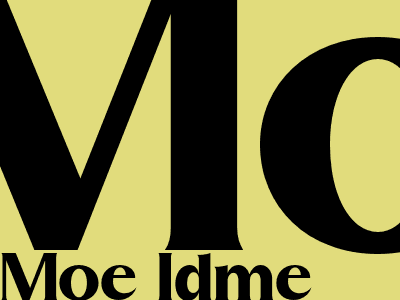How to Write for the Web: A Comprehensive Guide
Introduction
Writing for the web is a unique skill that requires an understanding of both writing principles and web design. This guide will provide you with everything you need to know to write engaging, informative, and search engine-optimized content for your website or blog.
Why Write for the Web?
There are many reasons why you should write for the web. First, it can help you to reach a wider audience with your content. Second, it can help you to build your brand and establish yourself as an expert in your field. Third, it can help you to generate leads and sales for your business.
The Difference Between Writing for Print and Writing for the Web
There are a few key differences between writing for print and writing for the web. First, web content is typically shorter and more concise than print content. Second, web content is often more visually appealing, with the use of images, videos, and other multimedia elements. Third, web content is often more interactive, with the use of forms, polls, and other tools that allow readers to engage with the content.
How to Write Engaging Web Content
There are a few key elements that make for engaging web content. These include:
- Clear and concise writing: Your content should be easy to read and understand. Avoid using jargon and technical terms, and keep your sentences and paragraphs short.
- Interesting and relevant content: Your content should be interesting and relevant to your target audience. Do your research and make sure that your content is providing something new and valuable to your readers.
- Strong visuals: Visuals can help to break up your text and make your content more visually appealing. Use images, videos, and other multimedia elements to engage your readers and keep them coming back for more.
- Calls to action: Your content should include a call to action that tells your readers what you want them to do next. This could be anything from signing up for your email list to making a purchase.
How to Optimize Your Content for Search Engines
Once you have written your web content, you need to optimize it for search engines so that it can be easily found by potential readers. There are a few key things you can do to optimize your content for search engines, including:
- Using keywords: Keywords are the words and phrases that people are using to search for information on the web. Be sure to include relevant keywords in your title, body text, and headings.
- Creating backlinks: Backlinks are links from other websites to your website. These links help search engines to understand the authority of your website and the quality of your content.
- Optimizing your website: Your website should be fast, easy to use, and mobile-friendly. These factors can all help to improve your search engine rankings.
Conclusion
Writing for the web is a complex but rewarding process. By following the tips in this guide, you can write engaging, informative, and search engine-optimized content that will help you to reach a wider audience, build your brand, and generate leads for your business.

Comments